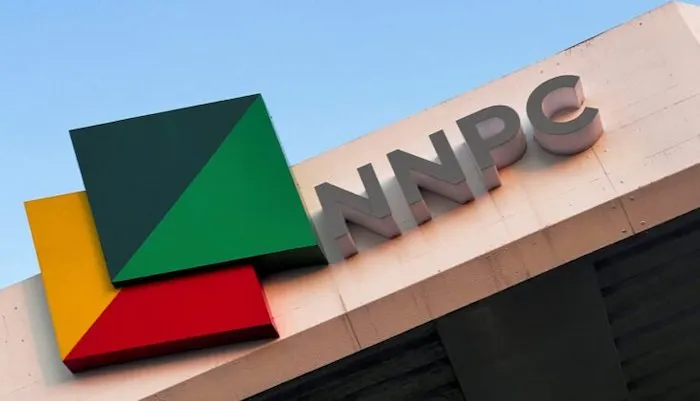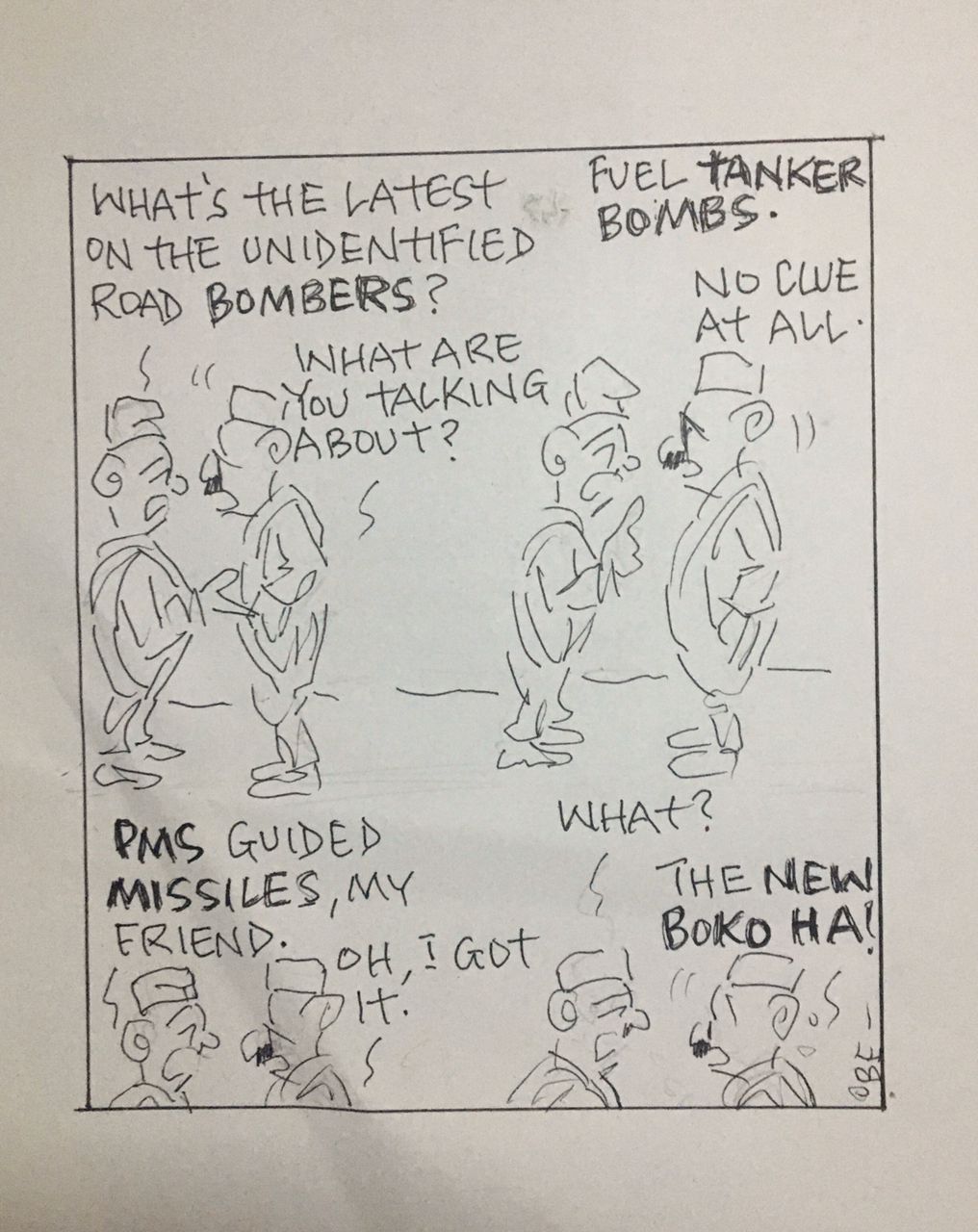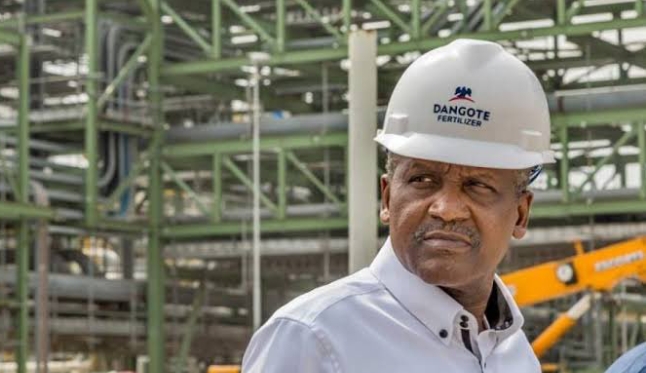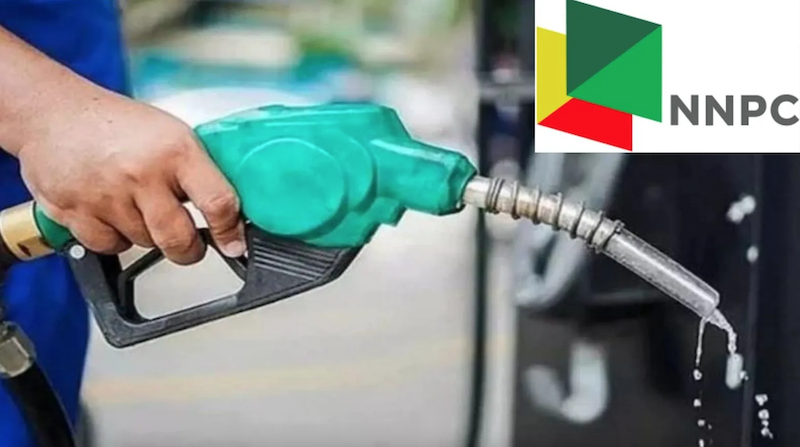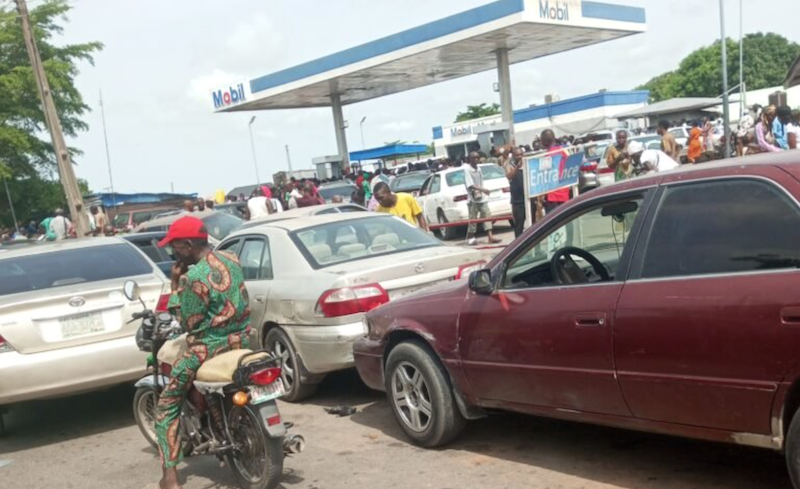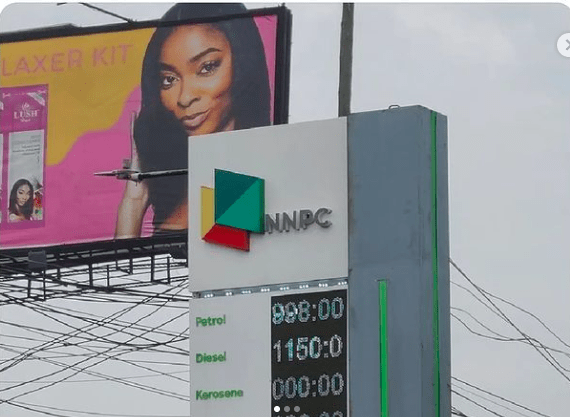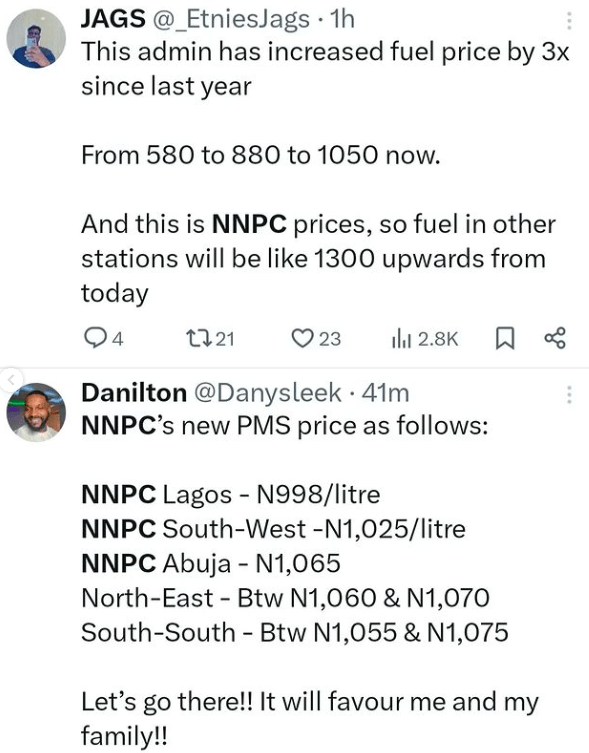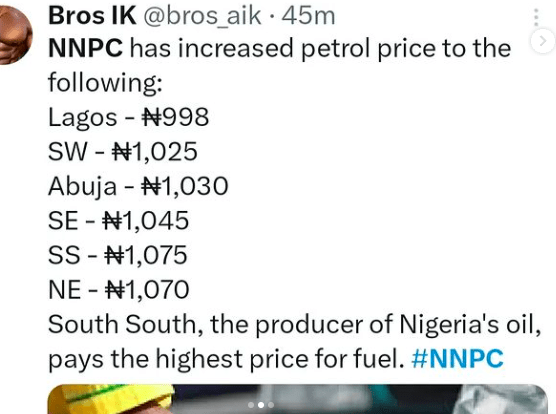Alhaji Aliko Dangote, President of Dangote Group, has disclosed that his refinery, Dangote Refinery is ramping up production of Premium Motor Spirit (PMS), aka petrol, to meet domestic demand.
TheNewsGuru.com (TNG) reports Alhaji Dangote made the disclosure on Tuesday in his keynote address at the Crude Oil Refinery Owners Association of Nigeria (CORAN) Summit in Lagos State.
Speaking at the summit that was held with the theme: “Making Nigeria a Net Exporter of Petroleum Products”, Dangote stressed the refinery was already producing sufficient diesel and jet fuel to meet Nigeria’s needs, adding, however, that the refinery was constructed without any government incentives.
Dangote, who was represented by Mr Ahmed Mansur, Dangote Group, said that there was a need for investor incentives to realise Nigeria’s vision of becoming a refining hub.
He stressed the importance of ensuring sufficient feedstock availability, while calling for an end to mortgaging crude oil.
“It is unfortunate that while countries like Norway are investing oil proceeds into a future fund, we in Africa are spending our future earnings,” Dangote said.
He also called for prioritising the implementation of domestic crude supply obligations and expanding crude oil production capacity to meet the demands of new refining facilities.
Dangote commended the efforts of President Bola Ahmed Tinubu, highlighting the government’s active steps to accelerate International Oil Companies (IOC) divestments and other initiatives.
Despite being Africa’s largest crude oil producer, Dangote said that Nigeria had long relied on imports to meet its refined petroleum product needs.
He said, “Nigeria is poised to transition from a “net importer” to a “net exporter” of refined products, positioning itself as a significant player in global downstream trade.
“This impending transformation is indicative of our progress as an industry and as a nation. We owe a debt of gratitude to President Tinubu for his unwavering support throughout this journey.”
Dangote also addressed the opportunities in Africa, noting that the continent imports about three million barrels of petroleum products daily, with half of that coming from coastal countries.
He highlighted that these countries produce over 3.4 million barrels of crude oil daily, with imports primarily sourced from Europe, Russia and other regions.
“In 2023 alone, this trade was estimated at approximately 17 billion dollars.
“However, these markets will be better served from Nigeria, reducing logistics costs and allowing countries to purchase their petroleum product requirements just-in-time,” he explained.
He asserted that Nigeria and Africa could achieve self-sufficiency in petroleum products, retaining all economic value locally.
“We have succeeded in cement production, and we can certainly replicate that success in petroleum refining.
Dangote highlighted that the Dangote Refinery already produces sufficient diesel and jet fuel to meet Nigeria’s needs and is ramping up production of PMS to meet domestic demand.
“The refinery has also begun exporting products to markets in Europe, Brazil, the UK, the USA, Singapore, and South Korea.
He acknowledged that global developments in the petroleum sector, particularly in Europe, are likely to disrupt traditional trade flows for refined products in Africa.
“Nigeria is uniquely positioned to capitalize on these opportunities and become a formidable player in the global oil industry.
“As a vibrant exporter of refined products, Nigeria stands to improve its trade balance and generate much-needed foreign currency.
“There is no doubt about Nigeria’s potential as a refining hub; let’s work together to make it a reality,” he added.
In his address, Gov. Babajide Sanwo-Olu of Lagos State urged oil and gas stakeholders to leverage the sector’s immense potential to become a global supplier of refined petroleum products.
The governor was represented by Mr Biodun Ogunleye, Commissioner for Energy and Mineral Resources.
He affirmed the state’s commitment to supporting the vision through initiatives that enhance infrastructure, logistics and regulatory frameworks necessary for investment in energy and refining sectors.
He noted that the Dangote Refinery, located in Lagos, exemplifies the potential that exists when vision meets conducive conditions for success.
“We are at a pivotal moment in Nigeria’s economic journey, where increasing refining capacity is essential for reducing reliance on imports and positioning Nigeria as a significant player in the global energy market.
“This focus on refining will stimulate job creation, enhance foreign exchange earnings and contribute to economic diversification.
“Lagos State is the economic powerhouse of Nigeria, and I recognise the central role it plays in driving the nation’s industrial and energy sectors,” he said.
